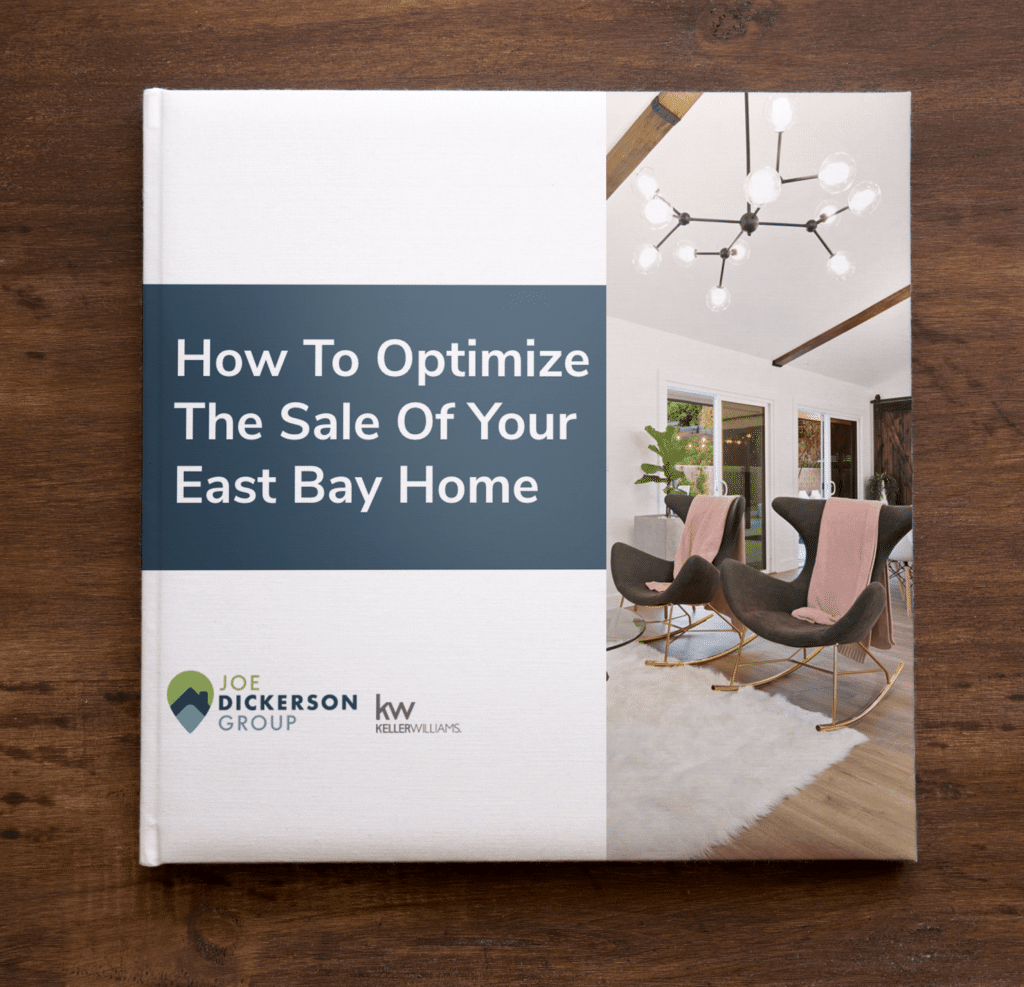Open houses are a necessary part of the home-buying process because they are the perfect way for prospective buyers to casually view a property. You can browse through the open house at your own pace, explore each room at your leisure, and, since the listing agent will likely be present, you can get many of your questions about the property answered in real time.
For this reason, it’s important you’re armed with a list of solid questions to ask so you can ascertain the details you’re looking for. Off the cuff, you need to find out about the seller’s ideal timeline, why they are moving, and any other important information about the house and property that may not be obvious from the listing.
Getting Prepared For An Open House
Most agents are expecting to answer questions from each prospective buyer. Therefore, in preparation, take these steps before heading to your next open house:
- Research the house, the property, and the neighborhood.
- Perform an in-detail review of specific listing details.
- Write down questions to ask.
Keep in mind that as you’re perusing through homes, you do not want to give away too much information about your house-buying goals, finances, or specific situation. That information is for your real estate agent to know and use when needed.
If you aren’t sure what a solid set of open house questions looks like or how to structure them, perhaps the following questions will inspire you.
What To Ask A Real Estate Agent At An Open House
No matter where you are moving from or to, asking for specific details about the home is a great idea. But forming intelligent-sounding questions on the fly can be difficult, especially if you’re new to the area or touring a style of home you’re unfamiliar with.
Rather than spend a ton of time lamenting over the best questions to ask, and still being unsure if you’ll gather the information you want, snag this list of 12 important questions to take with you to your next open house tour.
Why are the current owners selling their home?
There are many reasons the current owner could be selling their house. The culprit could be a new job opportunity, moving closer to family, looking to downsize or spread out, or they might be altering their lifestyle and going on the road – you just never know.
Ask why the owners are selling and watch for the listing agent’s reaction. Their tone, body language, and delivery of the answer will give you clues as to whether something is wrong with the property or there are any frustrations having to do with the home.
How long has the house been on the market?
Knowing how long the house has been on the market is vital as you consider making an offer. A house that has been on the market for an extended time might have something considerably wrong with it, or perhaps the sellers are unwilling to negotiate terms or their asking price.
The longer a home is on the market, the more likely they’ve tried to attract potential buyers with price reductions. Sellers are more likely open to a lower priced offer or paying for your closing costs if the house has been on the market for an extended period.
How many offers has the seller had?
It’s good to know if the owners have received any other offers and whether they rejected them or if they fell through. This can give you an idea of how picky the owner is and how open they are to negotiations.
You’ll also want to know about any current offers that are on the table. When bidding against other buyers, you want to ensure you put your best offer in, and if there are no other interested parties, the sellers may accept a lower offer.
Have there been any price changes on the house?
The seller’s agent can provide information on big price drops or increases and why they have occurred. This type of information can help you determine whether repairs or improvements were made and whether the terms might be flexible.
If there have been multiple drops, you may want to look closer at the house and ask your real estate agent about the situation. They might be able to ask around and uncover some history on the property. If financing fell through more than once or buyers tend to back out after an inspection is completed, this could be a red flag for “hidden” issues.
What’s the seller’s timeline?
Knowing exactly how fast the sellers are looking to move can help you determine how quickly you need to put in an offer. In recent years, the market was so hot you often had to be prepared to put in an offer within 3 days of the home arriving on the market if you wanted any chance at owning the property.
As the market cools, you might have more time. If you can find out that the seller is moving for a new job or has already moved, your timeline might be defined for you. Putting in an offer quickly, in an effort to support the seller’s timeline may seal the deal.
Alternatively, sellers who are in no rush will typically wait for the perfect offer.
Are there any problems with the home?
Another great question to ask at an open house is if there are any problems with the home. In most states (like California), laws require the disclosure of any issues within the home’s major systems, like structural problems. You can always ask specifically about structural problems too! However, in some states (like Alabama), there is a caveat emptor, a “let the buyer beware” warning. In either case, home inspections are essential when buying a house, though a seller’s disclosure of issues can help guide you in areas to focus on during your inspections.
Ask for a written seller’s disclosure. This lists all of the items wrong with the house, and other factors that may impact your decision to purchase it. Depending on how transparent the seller’s agent is, they may give you some information you may not have noticed, like, window treatments, sun exposure, etc.
When was the house last updated?
You’ll also want to ask about recent renovations. New appliances are easy to spot, but other upgrades, like a new roof, are harder. Check out the water heater, sump pump, roof, electrical, etc. Many real estate agents request that their sellers make a list of improvements to show what has been done to the house since assuming ownership.
Make sure to ask about DIY renovations specifically! Although everyone thinks they are Chip and Johanna Gaines, most are not, and DIY renovations could be a headache for you.
What’s included with the home?
While it’s said that fresh appliances sell a kitchen, sellers are not required to sell anything that can be removed from the house. Appliances like the stove and refrigerator do not need to be included in the sale. Ask what the seller expects to include in the sale and what they would be willing to include with the right offer.
After asking this question, look at your moving costs. Is the property move-in ready? Or will you need to buy brand new appliances, binds, etc.?
What utilities does the home have, what do they cost, and when were they updated?
Find out if the house is natural gas, solar, electricity, or a combination. You can also ask for an estimate of all the monthly utility costs.
You also want to ask when the utility-reliant appliances, like HVAC units, the water heater, and plumbing items like toilets and shower heads, were updated. This will give you an idea of how efficiently the utilities in this home are used.
If the home is at the top of your price range and sorely inefficient, the ongoing monthly costs to live in and properly maintain the home might be unaffordable. This is all very important to know before getting into a high mortgage payment AND steep utility bills.
Is there a homeowner’s association?
If moving into a newer neighborhood, condo, or townhome, there may be a homeowner’s association. Although often helpful to maintain the appeal of the neighborhood, homeowners associations come with rules, regulations, and HOA dues.
Find out the name of the HOA so you can look up the policies, fees, and any amenities your dues will pay for. This is yet another example of a “true cost of ownership” beyond just the mortgage payment.
What’s the neighborhood like?
The sale goes beyond the physical property line if you’re in the market for a new home. It’s important to understand what the area around the house is like, particularly the neighborhood surrounding the home.
You want to see if the lifestyle of the neighbors matches yours and decide whether you feel the neighborhood is too quiet or too busy. If you have young children, do other children live on the street? Is it safe for them to play in the front yard or is there a lot of traffic?
Some people want to be within walking distance of restaurants and shopping while others want to be closer to biking trails and hiking. Whether you’re looking to be in the action or you prefer peace and quiet, find out which category this home falls in.
Can I see myself living here?
This is more of a question to ask yourself as you walk around the open house. Can you see yourself and your loved ones celebrating holidays inside the house? Would your decor style match the home? Do you like the paint colors, or would you want to paint?
Think about updates you may want to make, if they are worth your time, and if they are even within your budget.
Determining The Right Questions To Ask Real Estate Agents
There are definitely no wrong questions to ask at an open house. As motivated home buyers, ensure you at least ask the questions above during your time inside the house!
In review, these 12 questions will help you gather the information you need to decide whether the home you’re touring is right for you:
- Why are the current owners selling their home?
- How long has the house been on the market?
- How many offers has the seller had?
- Have the been any price changes on the house?
- What’s the seller’s timeline?
- Are there any problems with the home?
- When was the house last updated?
- What’s included with the home?
- What utilities does the home have, and what are the monthly or annual costs?
- Is there a homeowners association?
- What is the neighborhood like?
- Can I see myself living here?
Listen to the answers carefully and take notes. This way, you can review them later if you decide to schedule a private tour or make an offer.
If you’re interested in touring properties or exploring more customized questions pertaining to your specific situation, give us a call! We look forward to hearing more about you and your situation – perhaps we’re a good fit to help you reach your real estate investing goals!



